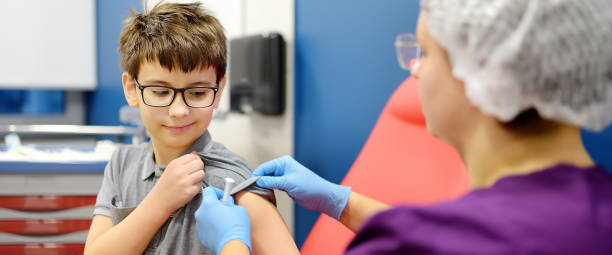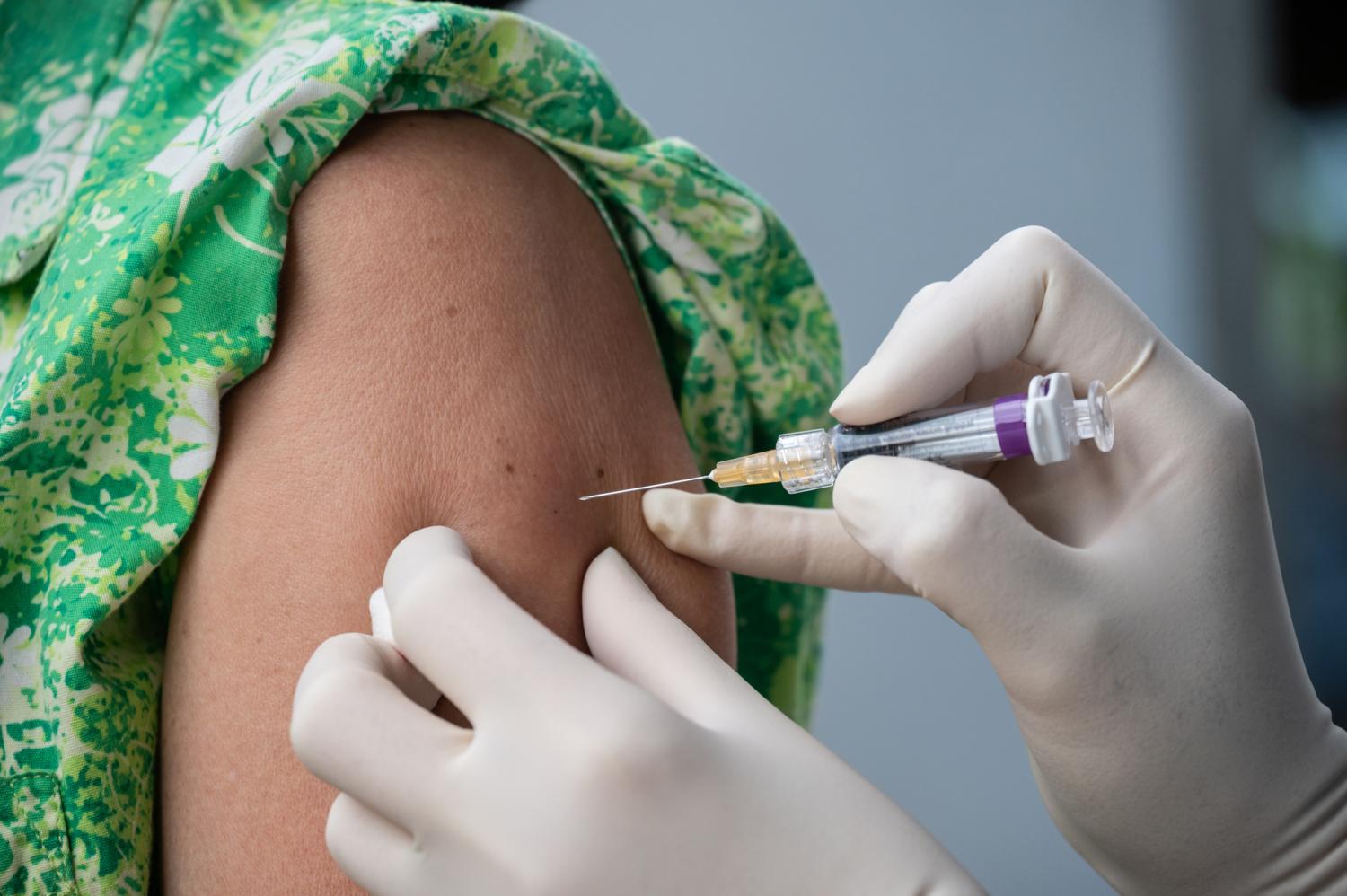
A new study by US and Indian researchers indicates that improving knowledge about appropriate antibiotic use among healthcare providers in India and other low- and middle-income countries may not be enough to reduce inappropriate prescribing, researchers reported this week in Science Advances.
The two-part study, conducted in two Indian states (Karnataka and Bihar), involved a survey of 2,282 private healthcare providers and anonymized standardized patient (SP) visits using paid actors.
The surveys measured knowledge about appropriate antibiotic prescribing using a vignette that described a case of viral child diarrhea with no indications of a bacterial infection. The SP visits with the providers presented the same scenario described in the vignettes. The providers included doctors with MBBS degrees, traditional-medicine practitioners, rural medicine providers, and pharmacists.
The survey results showed that 50% of the providers said they would prescribe antibiotics when presented with the vignette, a finding the study authors say indicates a substantial "know gap" and room for improvement in knowledge. But the SP visits revealed that even among the 50% of providers who appropriately said they would not prescribe antibiotics, 62% still prescribed antibiotics to SPs who described the same scenario as the vignette. The authors call this the "know-do" gap.
"The know gap and know-do gap was large among all provider types, but both the know gap and know-do gap were largest among providers with the least amount of training (rural medical providers and pharmacy workers)," they wrote.
Providers influenced by patient preferences
Further analysis of the results found that correct knowledge was only loosely associated with appropriate antibiotic prescribing and that antibiotic prescribing was more sensitive to patients' expressed preferences.
When SPs expressed a preference for oral rehydration salts, providers with correct knowledge were 20% less likely to prescribe antibiotics, compared with only a 5% reduction when SPs expressed no preference. Financial incentives had little impact on the know-do gap.
"Future work should design and test interventions to change provider perceptions that patients want antibiotics to reduce the know-do gap as such efforts have the potential to reduce inappropriate antibiotics prescribing and subsequent antibiotic resistance," the authors concluded.


.jpg)














